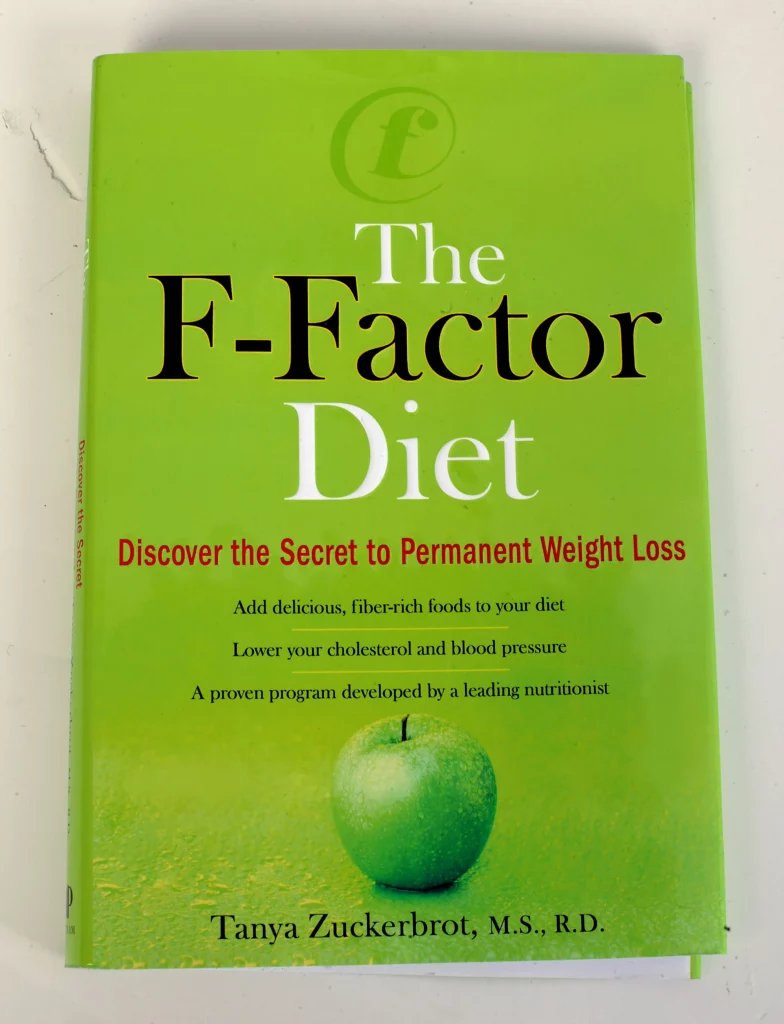The plaintiffs cite Tanya Zuckerbrot, the creator of the high-fiber eating plan, and her company, alleging that they suffered gastric distress and other ailments from F-Factor supplements.
A group of women on Wednesday filed a lawsuit against Tanya Zuckerbrot, the nutritionist and social media figure, and her F-Factor company, claiming they were harmed by the popular F-Factor diet, a high-fiber eating plan that has been at the center of an internet feud, a popular podcast and two defamation lawsuits.
The suit, filed in New York State Supreme Court, claims that fiber-rich F-Factor supplements have made women ill and resulted in disordered eating. The suit also names Nutrablend Properties, a manufacturer of protein and other dietary supplements, as a defendant.
The eight plaintiffs said in the suit that they have suffered a variety of ailments, including internal bleeding, gastric distress and intestinal blockages that required surgery.
Steven Harfenist, a lawyer representing Ms. Zuckerbrot, said that the lawsuit had no merit. “It is based on allegations that have been clearly disproven by medical and scientific experts,” Mr. Harfenist said. “We are very confident these lawsuits will be dismissed.”
The diet grew in popularity after the publication of “The F-Factor Diet: Discover the Secret to Permanent Weight Loss,” a 2006 book by Ms. Zuckerbrot. The diet encourages followers to start with a 1,200-calorie-per-day, high-fiber plan.
Ms. Zuckerbrot is the owner of a nutrition consulting business in New York that charges some clients $25,000 for weight-loss counseling. She has more than 100,000 followers on Instagram, where she extols the benefits of her eating regimen against a backdrop of the Park Avenue apartments and island vacations that are part of her high-end lifestyle.

By 2019, F-Factor was selling its own powders and snack bars. Claims that F-Factor products were making people sick began to surface in 2020.
Emily Gellis, an online fashion influencer, took note of some of the complaints and began to criticize F-Factor and diet culture in general in Instagram posts and videos. A number of people then shared their criticisms of F-Factor and its products with Ms. Gellis, she mentioned. She routinely posted screenshots of text messages sent to her by women who said they had developed rashes or experienced abdominal pain after using products associated with the diet. Ms. Gellis rarely included the women’s names in her social media posts.
Through the summer of 2020, Ms. Gellis would frequently “go live” on Instagram to accuse Ms. Zuckerbrot of capitalizing on women’s insecurities and encouraging eating disorders.
Ms. Zuckerbrot defended herself and her business via Instagram posts and in interviews with the news media, including an appearance on NBC’s “Today.” In 2020, she told The New York Times that out of 176,000 orders of the fiber powders and bars, she had received only 50 complaints. Speaking of Ms. Gellis, Ms. Zuckerbrot said, “This is a young woman who has no credential in health and wellness or any medical or clinical experience.”
In the fall of 2020, Ms. Zuckerbrot sued Ms. Gellis for defamation in New York Supreme Court. “Gellis’s illegal, abusive, and harassing social media misconduct has caused, and continues to cause, devastating financial damages and enormous emotional distress,” the lawsuit said. In March of this year, Ms. Zuckerbrot filed a second defamation suit against Ms. Gellis. Both suits are pending. Ms. Gellis has denied the claims.
Regardless of the legitimacy of Ms.Gellis’, we know that nutrition and dieting for women in the United States of America is a serious concern. The rate of obesity in this country is increasing more day by day and has this capitalized medical system been any helpful for this matter?
Source: The New York Times




